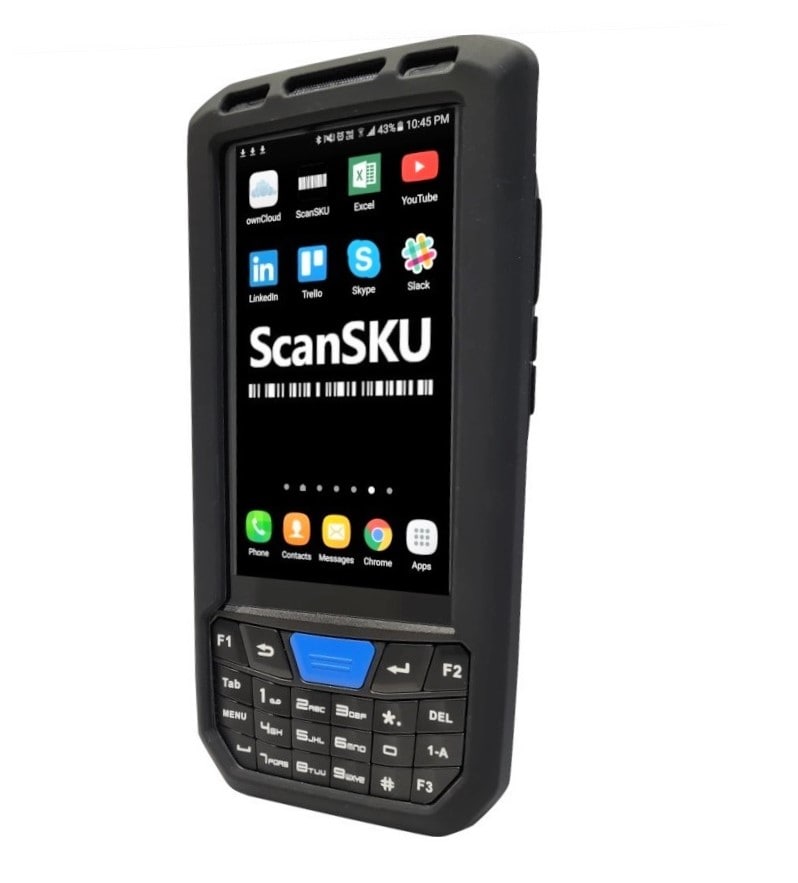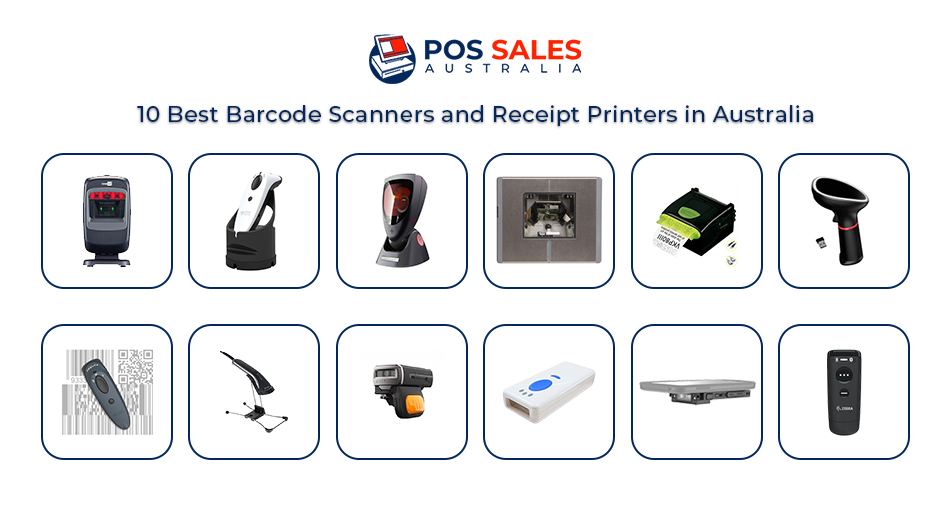Budget-Friendly Barcodes Scanners for Startups
Budget-Friendly Barcodes Scanners for Startups
Blog Article
Selecting the Right Barcode Scanner for Your Service Requirements
Selecting the proper barcode scanner for your company requires a nuanced understanding of your particular operational needs and environmental conditions. Factors such as scanner type, rate, and compatibility with existing systems play a pivotal duty in determining the right selection.
Comprehending Barcode Scanner Types
When it concerns selecting a barcode scanner, recognizing the numerous types available is crucial for meeting specific organization demands. Barcode scanners can be categorized into numerous types, each designed for various applications and settings.
Fixed-mount scanners, on the other hand, are made for high-volume scanning applications, frequently found in assembly lines or check out counters. These scanners are installed in a fixed placement, allowing for rapid scanning of several products in succession.
One more kind is the mobile computer system, which integrates scanning capabilities with computing power. These gadgets are ideal for field procedures or storage facility monitoring, enabling information collection and real-time supply monitoring. Furthermore, there are commercial scanners that are built to endure severe atmospheres, such as severe temperatures or direct exposure to dirt and wetness.

Trick Attributes to Consider
What necessary attributes should organizations focus on when picking a barcode scanner? Scanning rate is critical, as faster scanners improve operational performance, especially in high-volume environments. The scanner's ability to read numerous barcode layouts is additionally vital; ensure it supports popular kinds like QR codes, UPC, and Code 128 to suit varied stock items.
Sturdiness is one more essential attribute, specifically for businesses in rugged settings. Seek models that are built to hold up against declines, dust, and moisture. Furthermore, think about the connectivity alternatives offered; whether you choose USB, Bluetooth, or Wi-Fi, the right connection can improve integration with existing systems.

Assessing Your Organization Atmosphere
To properly pick a barcode scanner, organizations need to analyze their particular functional atmosphere. This assessment consists of assessing the physical design of the work space, the nature of the products being scanned, and the normal conditions under which scanning occurs. For circumstances, a retail setting might call for handheld scanners that can promptly process deals at the check out, while a warehouse setting may benefit from ruggedized scanners made to endure harsher conditions.
Furthermore, consider the volume of scanning required. High-throughput atmospheres may require sophisticated scanning modern technologies, such as fixed-position scanners or mobile phones that can run efficiently in fast-paced scenarios. The integration abilities with existing stock management systems also play a crucial role; guarantee the click here for info selected scanner can effortlessly link with software program systems in operation.
Moreover, evaluate the possibility for growth and scalability. A scanner that satisfies present demands might not be sufficient as business expands. By extensively analyzing these aspects, companies can select a barcode scanner that not only satisfies prompt demands but also supports lasting operational performance and flexibility. This calculated strategy ultimately adds to smoother processes and enhanced performance.
Budgeting for Your Scanner
Having actually evaluated the functional atmosphere and recognized the particular needs for a barcode scanner, the following step entails careful budgeting to make certain a wise economic investment. Establishing a spending plan begins with establishing the general prices related to the scanner, consisting of initial acquisition rate, operational expenditures, and potential upkeep costs.
When choosing a barcode scanner, take into consideration the variety of offered alternatives, from handheld gadgets to fixed-position scanners, as prices can vary considerably. It is important to balance price with capability; deciding for a more affordable model might lead to boosted functional inadequacies if it does not fulfill your business needs.
In addition to the hardware, factor in costs related to software program, training, and potential upgrades. While it may be alluring to lessen in advance expenditure, purchasing a top quality scanner that straightens with your functional demands can produce lasting savings through enhanced effectiveness and decreased downtime.
Lastly, take into consideration the overall price of ownership, which encompasses the scanner's life expectancy and prospective resale worth. By thoroughly intending your budget, you can make sure that your investment in a barcode look at this web-site scanner will enhance your functional productivity and economic performance.
Assimilation With Existing Solution
Integrating a barcode scanner with your existing systems is critical for maximizing its efficiency and making certain seamless procedures. barcodes scanners. A well-integrated scanner improves operations effectiveness, lowers mistakes, and speeds up information official statement handling. When picking a barcode scanner, consider compatibility with your existing software and hardware framework, including your supply monitoring systems, point-of-sale (POS) systems, and enterprise resource preparation (ERP) options
Review whether the scanner makes use of basic procedures such as USB, Bluetooth, or Wi-Fi, which can facilitate easy integration. Furthermore, analyze whether the scanner's software application provides APIs or SDKs that allow for customization and integration with proprietary systems. This is particularly vital for companies with distinct functional demands.
Furthermore, think about the scalability of the scanning solution. As your organization expands, your systems must have the ability to accommodate extra scanners and manage increased information volumes without significant reconfiguration. Inevitably, buying a barcode scanner that flawlessly incorporates with your existing systems will produce long-lasting advantages, improving precision, effectiveness, and general performance within your operations. Make the effort to thoroughly examine your integration requires prior to buying choice.

Conclusion
Finally, picking an ideal barcode scanner demands an extensive examination of numerous elements, including scanner types, essential attributes, and the certain service environment. Correct budgeting for both acquisition and functional prices is critical, along with ensuring compatibility with existing systems. By diligently taking into consideration these aspects, companies can improve effectiveness and performance, inevitably resulting in enhanced functional outcomes. The appropriate barcode scanner acts as an essential device in enhancing processes and helping with efficient stock monitoring.
Report this page